Partial Differential Equations
+
More about partial differential equations
Partial differential equations (PDE) arise in a wonderful variety of circumstances. A scientist weighs area-specific properties and laws to find that a PDE encodes some interesting aspects of their problem.
Research in PDE can be motivated by an important range of questions which arise:
- Are there important phenomena that currently lie hidden from the scientific theory which can be elucidated and investigated by the analysis of the PDE?
- Does the scientific modeling which produced this PDE make sense, or might the modeling be incomplete or inconsistent?
- Can numerical simulation of the problem be established or improved using novel analysis of the PDE?
Research in partial differential equations at Minnesota takes up these opportunities and challenges. The PDE group here spans and blends a tremendous variety of tools within analysis, geometry, probability, and applied mathematics.
PDE research in the School of Mathematics develops new analytical technology to advance the world’s understanding of the many different types of PDE and the phenomena encoded by these PDE in fields ranging from dynamical systems to differential geometry, from geometric measure theory to general relativity. For example, the group has developed fundamental analytical tools that illuminate parabolic, elliptic, hyperbolic, and dispersive PDE.
Further examples of applied areas where Minnesota PDE hosts cutting edge work include:
- Fluid dynamics
- Image processing
- Inverse problems
- Waves in disordered media
- Pattern formation in complex physical systems
- Numerical analysis
- Materials science
- Math biology
- Machine learning
Seminars
- A weekly PDE seminar, currently held on Wednesday afternoons
- Every year the group hosts the Rivière-Fabes Symposium, which brings leading researchers from around the world to campus for a Spring weekend to discuss particularly exciting developments in analysis and PDE
Programs
Faculty

Douglas Arnold
McKnight Presidential Professor
arnold@umn.edu
Numerical analysis, differential equations, mechanics, computational relativity

Jeffrey Calder
Associate Professor
jwcalder@umn.edu
partial differential equations, numerical analysis, applied probability, machine learning, image processing and computer vision
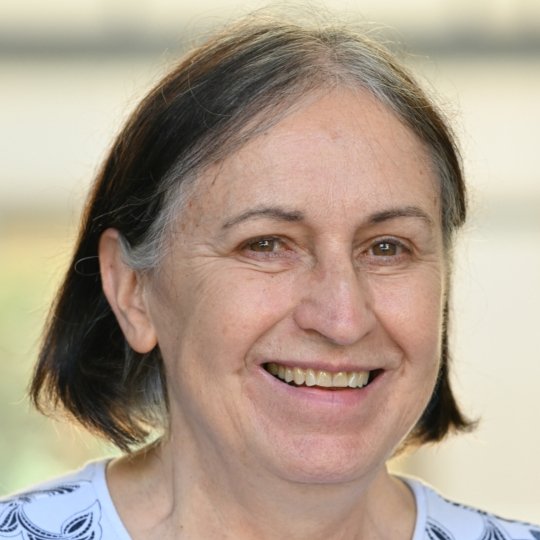
Maria-Carme Calderer
Professor
mcc@umn.edu
applied mathematics, partial differential equations, dynamical systems, materials sciences, mathematical biology and soft-matter physics
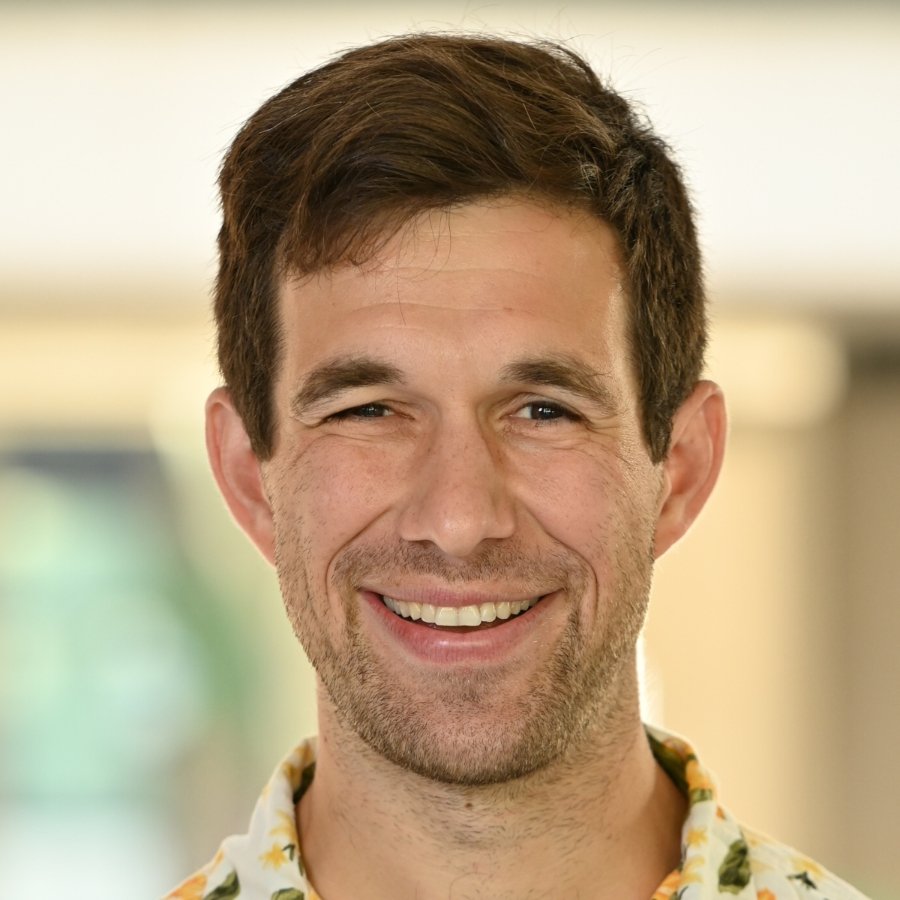
Max Engelstein
Assistant Professor
mengelst@umn.edu
harmonic analysis, geometric measure theory, calculus of variations
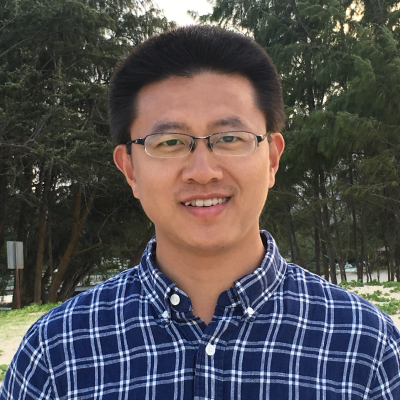
Hao Jia
Associate Professor
jia@umn.edu
partial differential equations, regularity, stability, large data asymptotics

Markus Keel
Professor
keel@umn.edu
partial differential equations; real, harmonic, and functional analysis

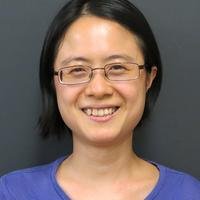
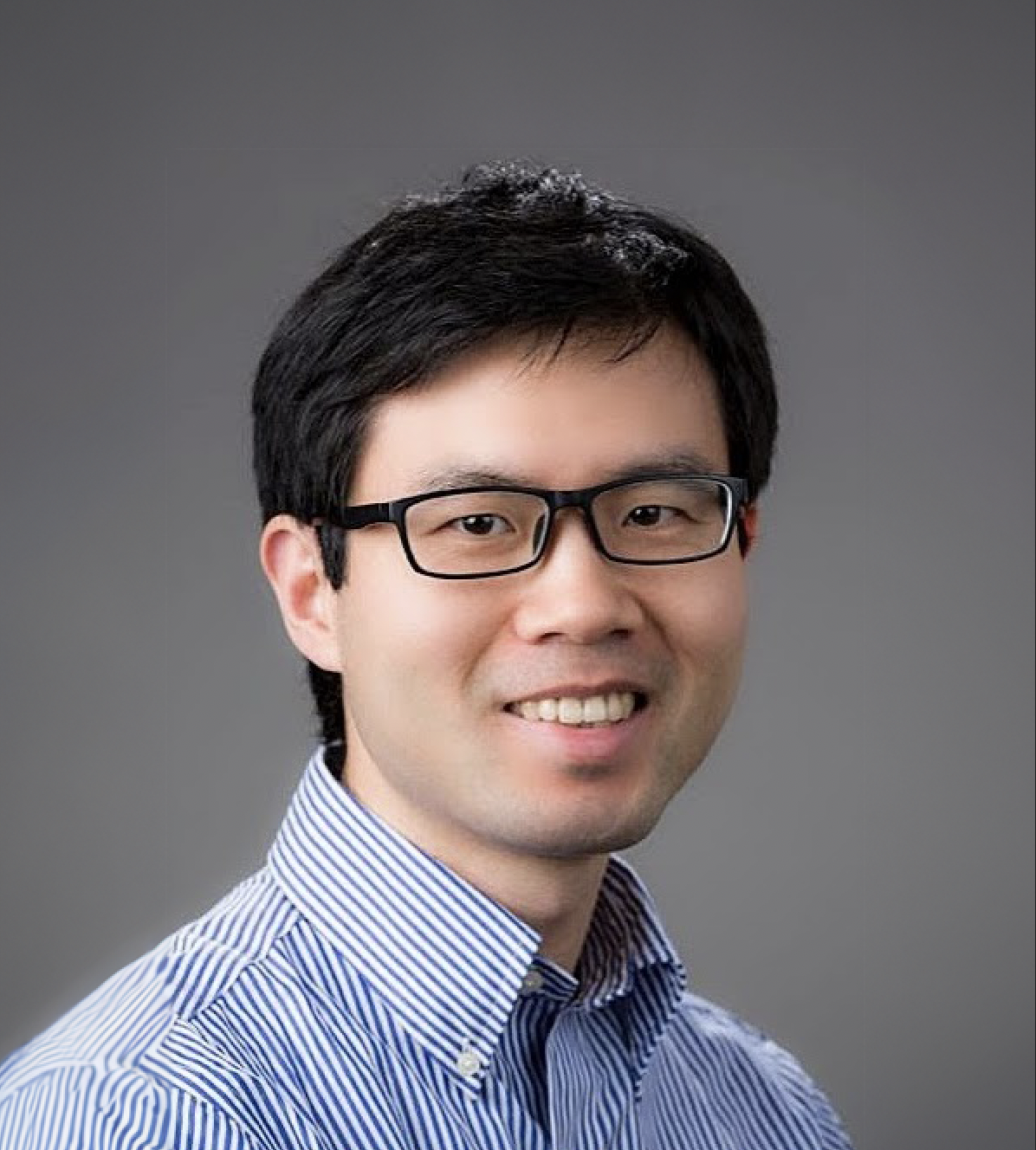
Yulong Lu
Assistant Professor
yulonglu@umn.edu
Mathematical foundations of machine learning and data sciences, applied probability and stochastic dynamics, applied analysis and PDEs, Bayesian and computational statistics, inverse problems and uncertainty quantification

Mitchell Luskin
Professor
luskin@umn.edu
numerical analysis, scientific computing, applied mathematics, computational physics
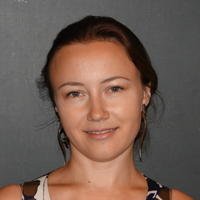
Svitlana Mayboroda
McKnight Presidential Professor and Northrop Professor
svitlana@umn.edu
analysis and partial differential equations
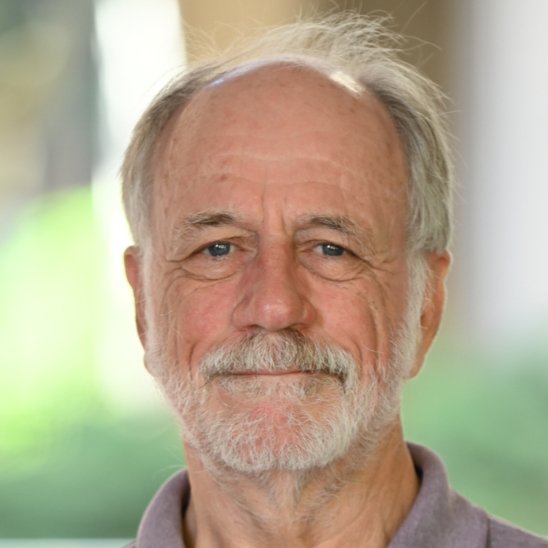
Peter Olver
Professor
olver@umn.edu
Lie groups, differential equations, computer vision, applied mathematics, differential geometry, mathematical physics
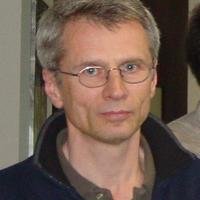
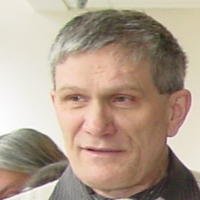

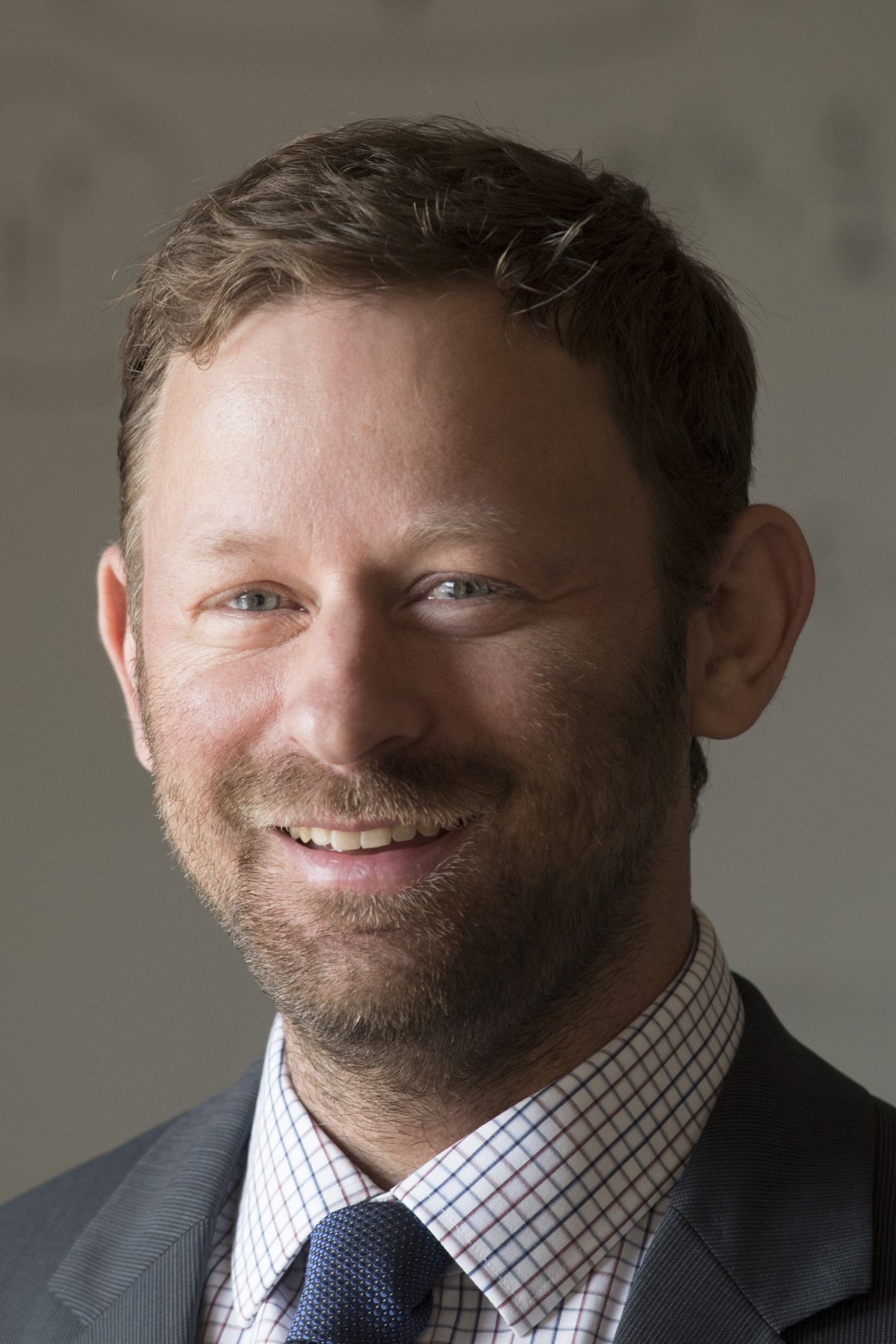
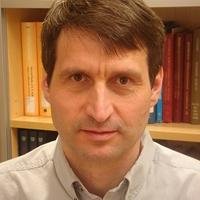
Vladimir Sverak
Distinguished McKnight University Professor
sverak@umn.edu
partial differential equations
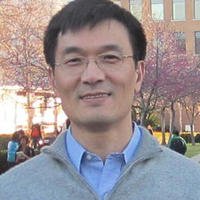

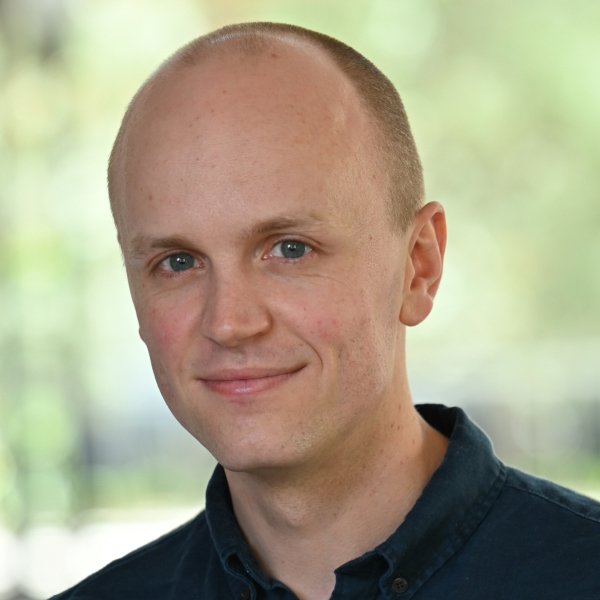
Alex Watson
Assistant Professor
abwatson@umn.edu
Partial differential equations, mathematical physics, numerical analysis, computational physics, data science